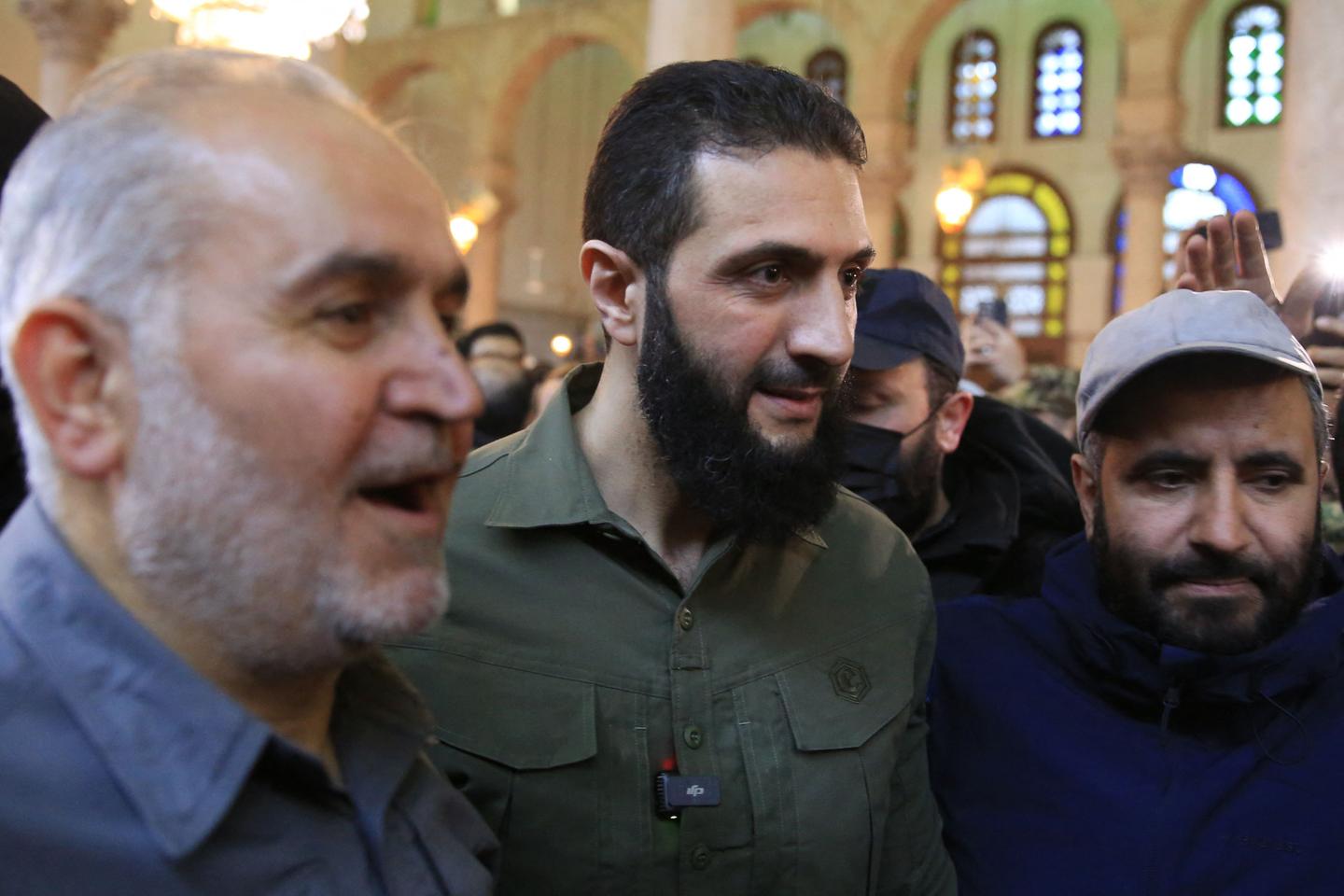


Less than a quarter-century after the 9/11, attacks in the United States by al-Qaida, the prelude to a US "war on terror" lasting more than two decades, an armed group from this most radical of political Islamist movements has just played a key role in the overthrow in Syria of a despised dictatorship, the regime of Bashar al-Assad. Should an orderly transition take place, it could play a full part in the new institutional order that is likely to emerge in Damascus.
Its leader, Ahmed al-Sharaa (known by his nom de guerre, Abu Mohammed al-Jolani), is a former deputy of Abu Bakr al-Baghdadi, founder of the Islamic State (IS) organization, which reigned terror over territory it took in northeastern Syria and northwestern Iraq from 2014 to 2017, and beyond. Since his militia's victorious offensive, he has been keen, as his speech in the Umayyad Mosque on December 8 showed, to distance himself as far as possible from the symbols summoned up in his time by Abu Bakr Al-Baghdadi in the Mosul Mosque after the city's capture and the proclamation of a caliphate of totalitarian essence. In so doing, Ahmad al-Sharaa has become an interlocutor for the main Arab powers and for those outside the Middle East who wish to play a role. In the past, both have devoted considerable resources to eradicating al-Qaida and IS.
The trajectory of the man who currently appears to be the new strongman of Damascus is the product of a form of Darwinism applied to the Syrian civil war. In the early months of the uprising, the Syrian regime concentrated its repression on liberal opposition likely to attract the support of Western countries seeking acceptable alternatives to Assad. At the same time, Assad was granting amnesties to the radical Islamists languishing in his jails. His tactic was to use these perfect repellents as his main adversaries.
Political anomaly
The emergence of Ahmad al-Sharaa is also the echo of decades during which Islamism, in all its variants, imposed itself as the only ideology available in the face of the political anomaly fostered by authoritarian Arab regimes, whether monarchical in essence or the product of the overwhelming weight of the army and security services.
You have 58.22% of this article left to read. The rest is for subscribers only.
